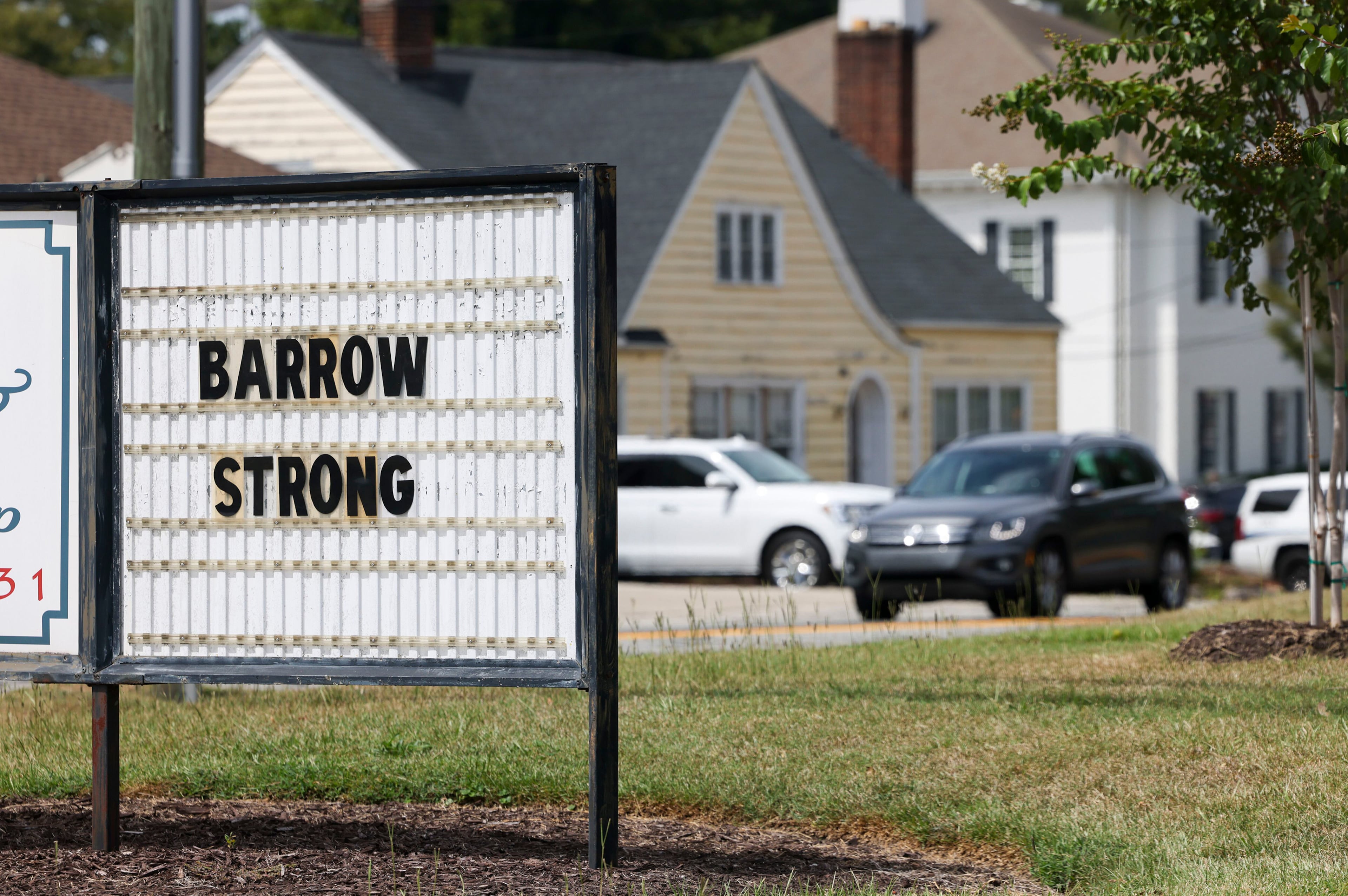Bottoms to join Clark Atlanta University-based HBCU leadership effort

Atlanta Mayor Keisha Lance Bottoms is going back to school.
Bottoms, whose mayoral term ends in January, will be the first honorary fellow of a new effort to train people for careers as leaders of historically Black colleges and universities. The HBCU Executive Leadership Institute will be based at Clark Atlanta University, the state’s largest, private HBCU.
The mayor’s role will include speaking to the first cohort of fellows. The institute is funded in large part by the Chan Zuckerberg Foundation, which contributed $1 million toward the effort.
“For more than 150 years, HBCUs have not only played an important role in American higher education, but also in building stronger communities and world-class leaders in every sector of society,” Bottoms said in a statement. “As a proud graduate of Florida A&M University, I am excited to accept this honorary fellowship and support HBCU ELI’s efforts to ensure this legacy continues.”
Clark Atlanta’s president, George T. French Jr., also cited the mayor’s HBCU roots as one of several reasons he believes she’s well-suited for this role.
“Mayor Bottoms is experienced, intelligent, and has a strong commitment to the next generation of women leaders,” he said. “As an alumna of Florida A&M University, she continues to remind us that HBCUs can indeed create leaders who help solve society’s most pressing challenges, even in the face of crisis.”
Bottoms announced in May that she does not plan to seek reelection this year.
When asked at the time if there is a job for her that’s better than mayor of Atlanta, she said “if there is, I don’t know it ... and that is scary.”
Bottoms said in May that she doesn’t know what the future holds for her, but she joked that she was not planning to become an executive at Walgreens, which is led by her friend Roz Brewer.

There are nine accredited HBCUs in Georgia and about 100 nationwide. The average tenure of a HBCU president is about three years, about half the time span of all U.S. colleges and universities. Those involved in creating the institute hope to train people who can lead for more years. HBCUs educate about one-half of the nation’s Black lawyers, 40% of Black engineers and 70% of Black doctors and dentists.
There are 26 people in the first class of fellows. The first virtual seminar was held in June and another is scheduled for early September.



